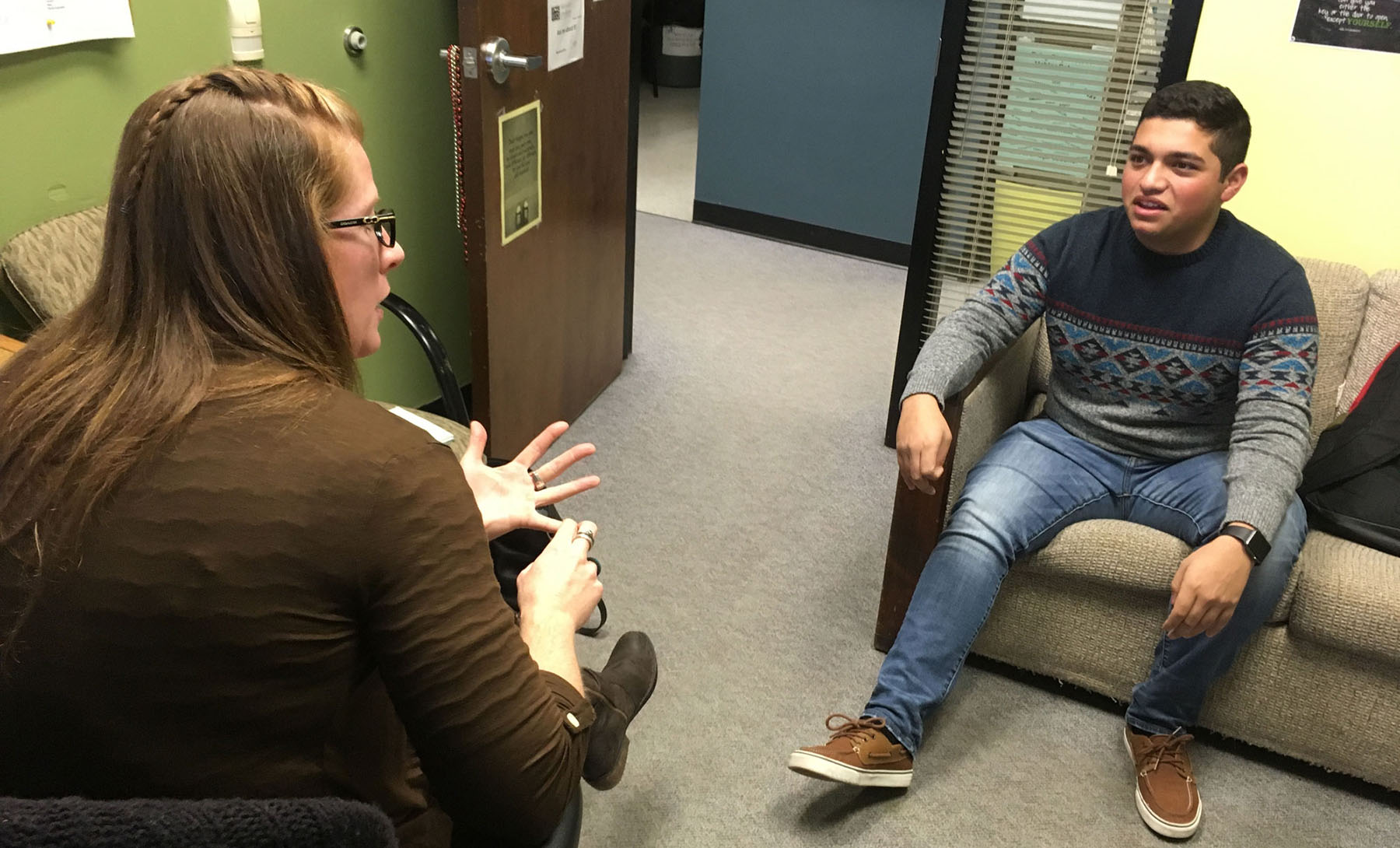Through the use of interpretative phenomenological analysis (IPA), this study examined the impacts of counseling first-generation, low-income college-bound students by way of a school counselor experiential learning program at one small, private university in the eastern United States. This study explored experiential learning, including from a transformative learning perspective, as well as its overall impact on school counseling student preparation. Themes that emerged indicated that school counseling graduate student interns, when placed in a culturally diverse experiential learning setting, have the potential to increase their counselor competencies including multicultural competencies, and to have a transformative learning experience. These impacts were discussed along with a social justice advocacy perspective. Implications of these findings, including encouragement for the development of similar university-community partnerships, were included.
scholarly articles
Experiential and Transformative Learning for School Counselors: Impacts of Counseling First-Generation, Low-Income, College-Bound Students
Related Stories

Data, Assessment, & Evaluation
Staff Perceptions of First-in-Family Students in Higher Education: A Case Study of a Belgian College

Access and Persistence
“I Wasn’t Supposed to Be There”: Examining the Experiences of First-Generation Women of Color in Undergraduate STEM Majors

Data, Assessment, & Evaluation
